


The role of women’s associations in converting farm harvests into high-value food and malt products will be supported to generate 10 to 100 times more income than the simple harvest. Adequate connection with physical retailers and digital markets will be ensured, while in parallel, preliminary consumer appreciation studies will be conducted to assess the potential for gaining market shares.
MountainHER provides training and tools to favor the purchase of local harvests at higher prices by the women associations. In exchange, farmers are prompted to produce following agro-ecological practices, which are on one hand more respectful of the environment, and on the other, can generate higher prices for the food produced.
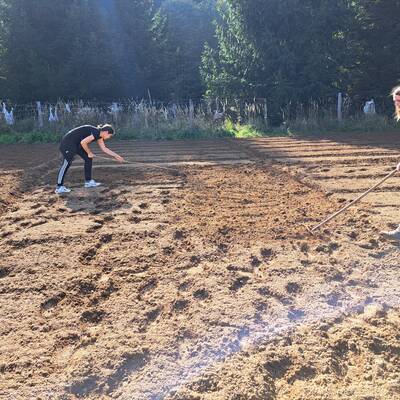
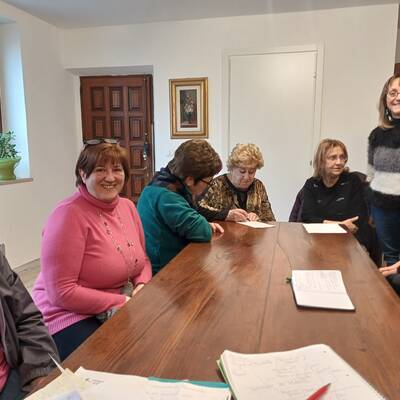
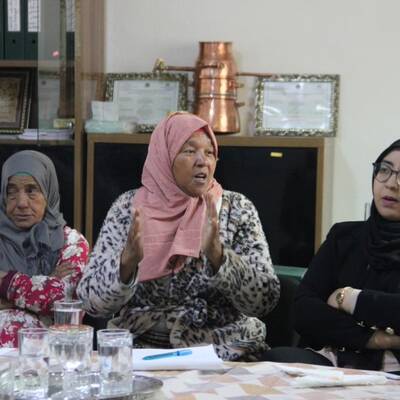
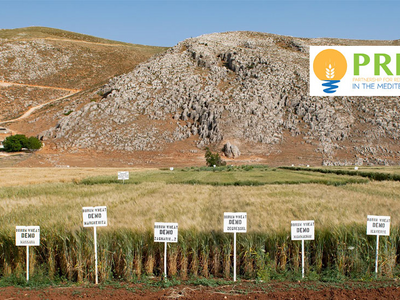
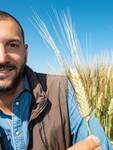

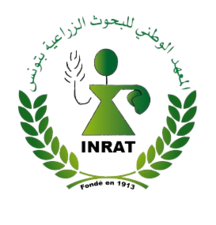
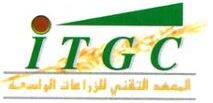
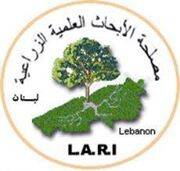
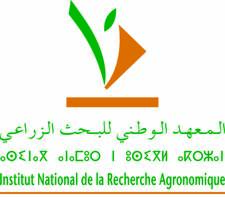




© 2026 International Center for Agricultural Research in the Dry Areas (ICARDA)